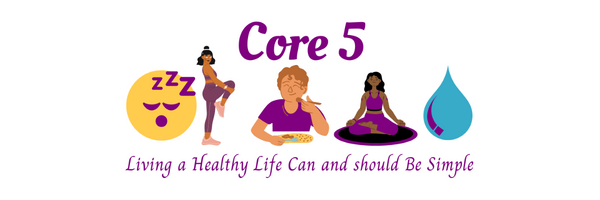Practicing gratitude. That thing we all know can boost our wellbeing, but still somehow slips through the cracks in the day. Don’t lie, I know it’s not just me!
Take 60 seconds to think about at least five things you’re feeling grateful for right now – big, small, tiny, anything. Don’t think too hard, no need to write them down or even say them out loud. Don’t seek a result, just observe how you feel as you think of them.
Dr. Alex Korb, neuroscientist at UCLA, writes in The Grateful Brain, “Gratitude can have such a powerful impact on your life because it engages your brain in a virtuous cycle. Your brain only has so much power to focus its attention. It cannot easily focus on both positive and negative stimuli.” So, when we take those 60 seconds to focus our attention towards things we are grateful for, we’re essentially blocking our brain from focusing on things that make us feel anxious, upset, or negative in any manner.
Confirmation Bias – We Can Use it to Our Advantage

When we want a particular outcome, we tend to look only for evidence that can prove that particular outcome. This is called confirmation bias. For example, remember that time when that moron referee made that call against your favorite sports team? And you screamed some insignificant details at the TV to try to prove them wrong? Because you definitely know more about the sport than the person who has been calling the game for decades? And remember how in your own mind you actually convinced yourself that you were right and they were wrong?
Practicing gratitude is an opportunity to use this to our advantage. When we practice being grateful, we start building a habit of noticing these good things in life. When we believe that our lives are going well, we start looking for more things to be grateful for to continue to fulfill this outlook. Thus, over time if we practice consistently, we can build some really strong, awesome, powerfully positive thinking habits that enhance our perceptions and experiences.
